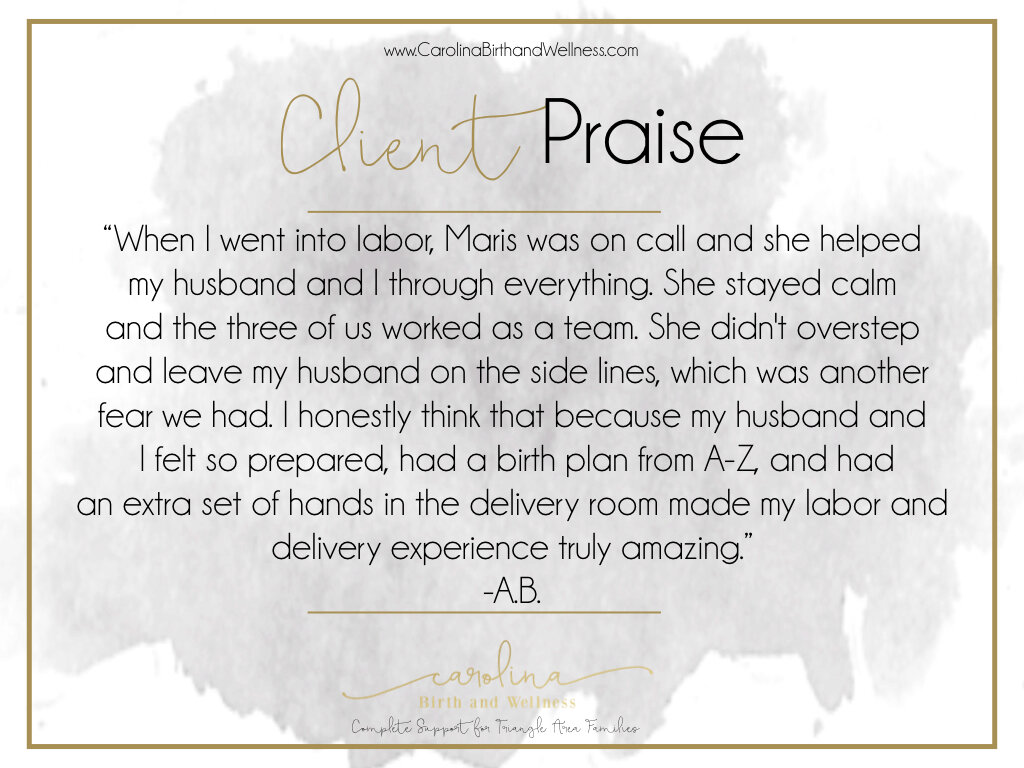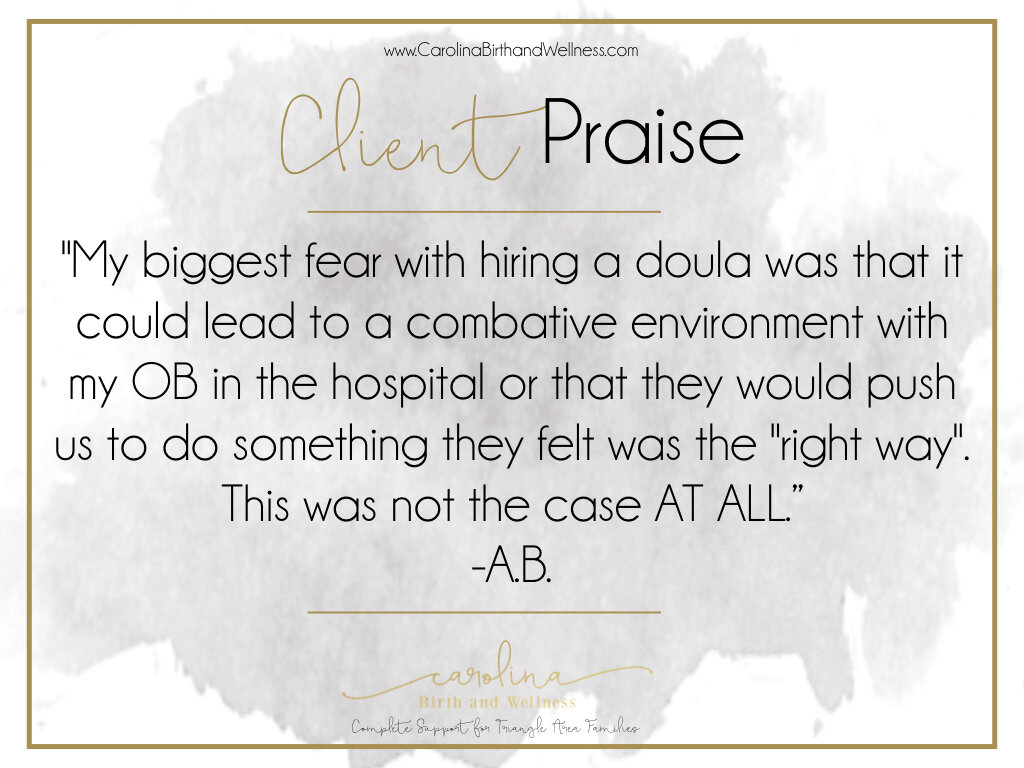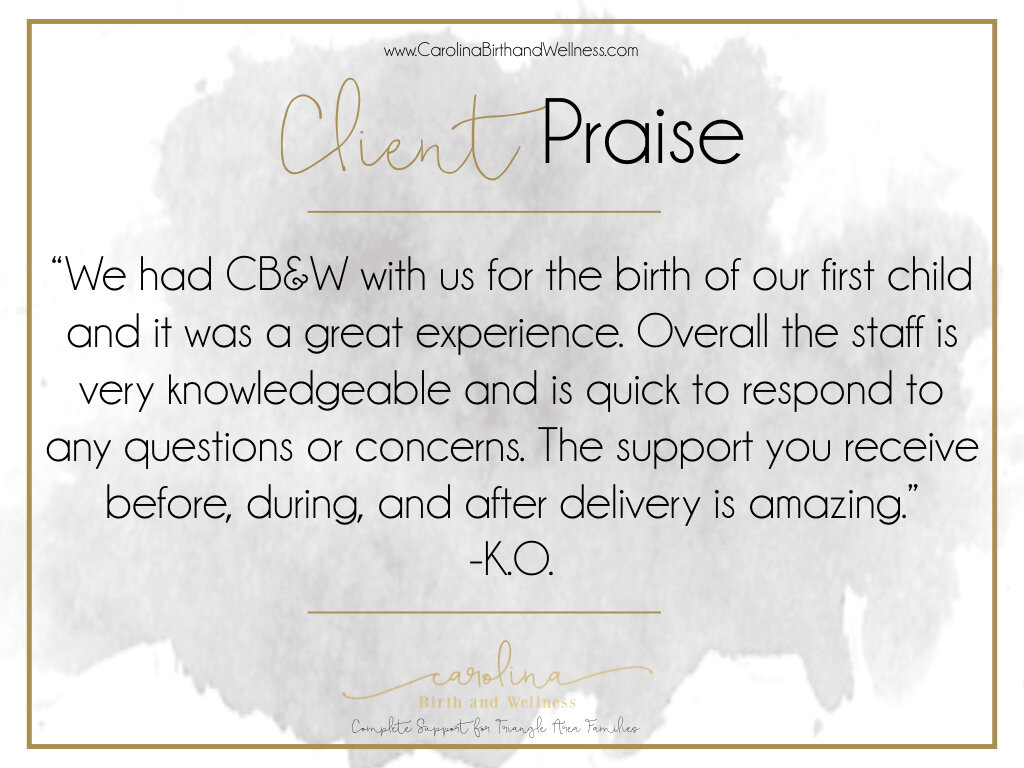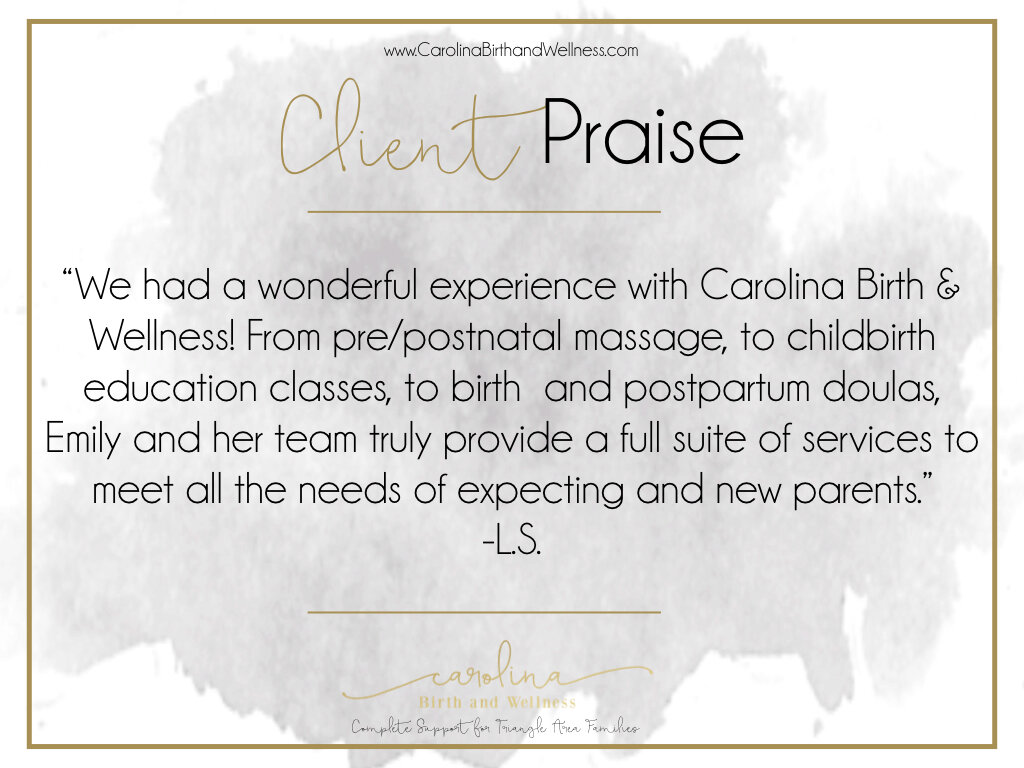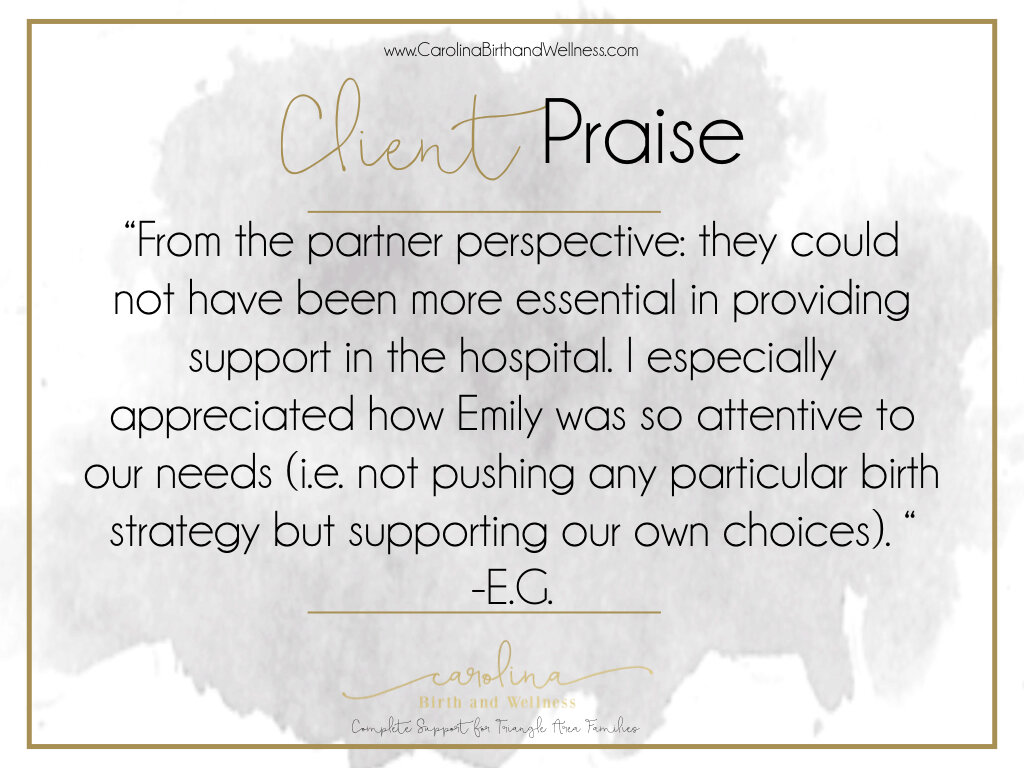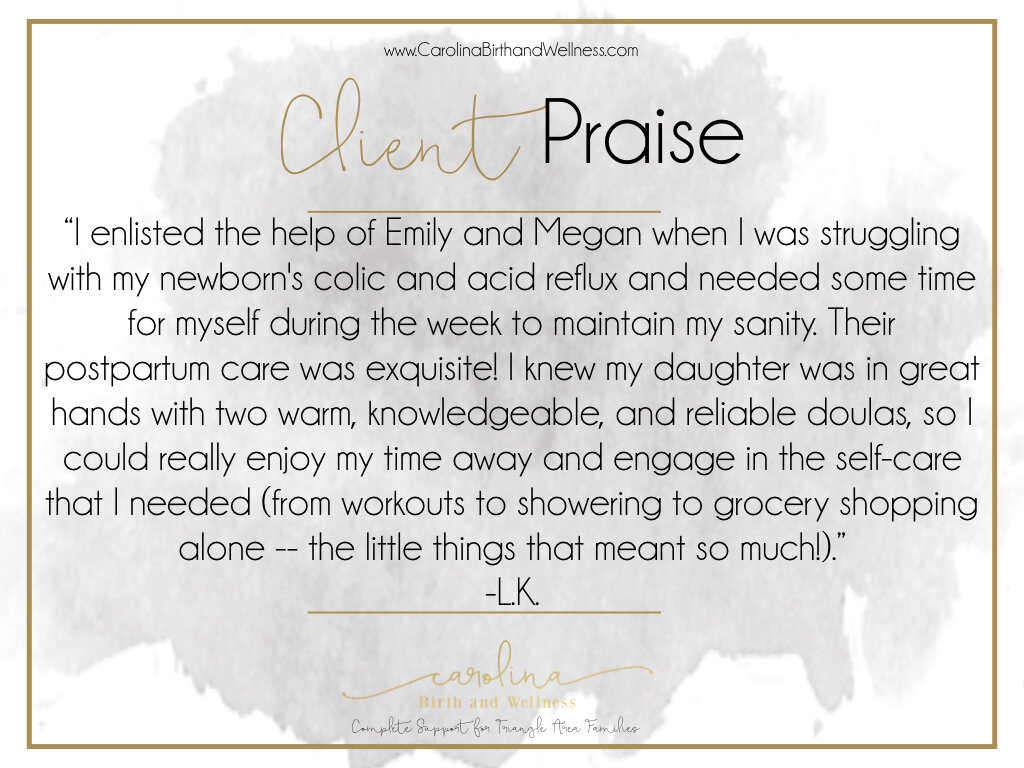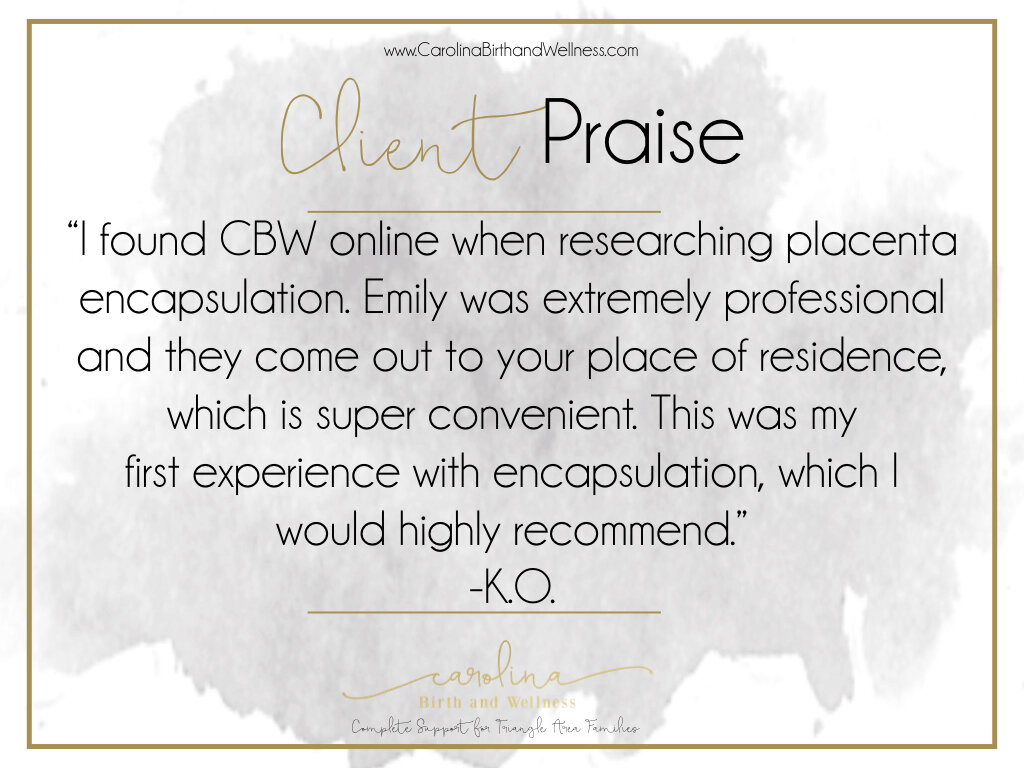Perinatal mood disorders are common as they impact 1 in 5 women and 1 in 10 men, but it’s understandable that you want to take care of yourself and your mental health. Learn various alternative and complimentary health services to help with maternal mental health.
Provider Spotlight: Sara Skinner, LCSW
Working in maternal health is a field that requires an equal amount of passion and drive, but also a personal connection to this time period is often what ignites this passion. Various providers have different paths to this connection whether it is through their experience, a friend or family member’s experience, or just a really inspiring book! I love learning about people’s why as it makes them much more human to me. And in the age of Zoom calls, telehealth, and texting, remembering we are all human is key.
Sara Skinner, LCSW, is no different. She and I actually have known of each since early 2018, we did not officially meet until mid 2019 and then we did not professional connect until just recently. We immediately bonded and talked about all the things related to motherhood, mental health, and of course our mutual love of pit bulls.
Postpartum Depression and Substance Abuse
Research shows that 10-15 percent of mothers have postpartum depression after delivery. Postpartum depression can set in anywhere between two weeks and one year after having a baby. Seeking help for new mothers to overcome the condition can protect them from many challenges.

